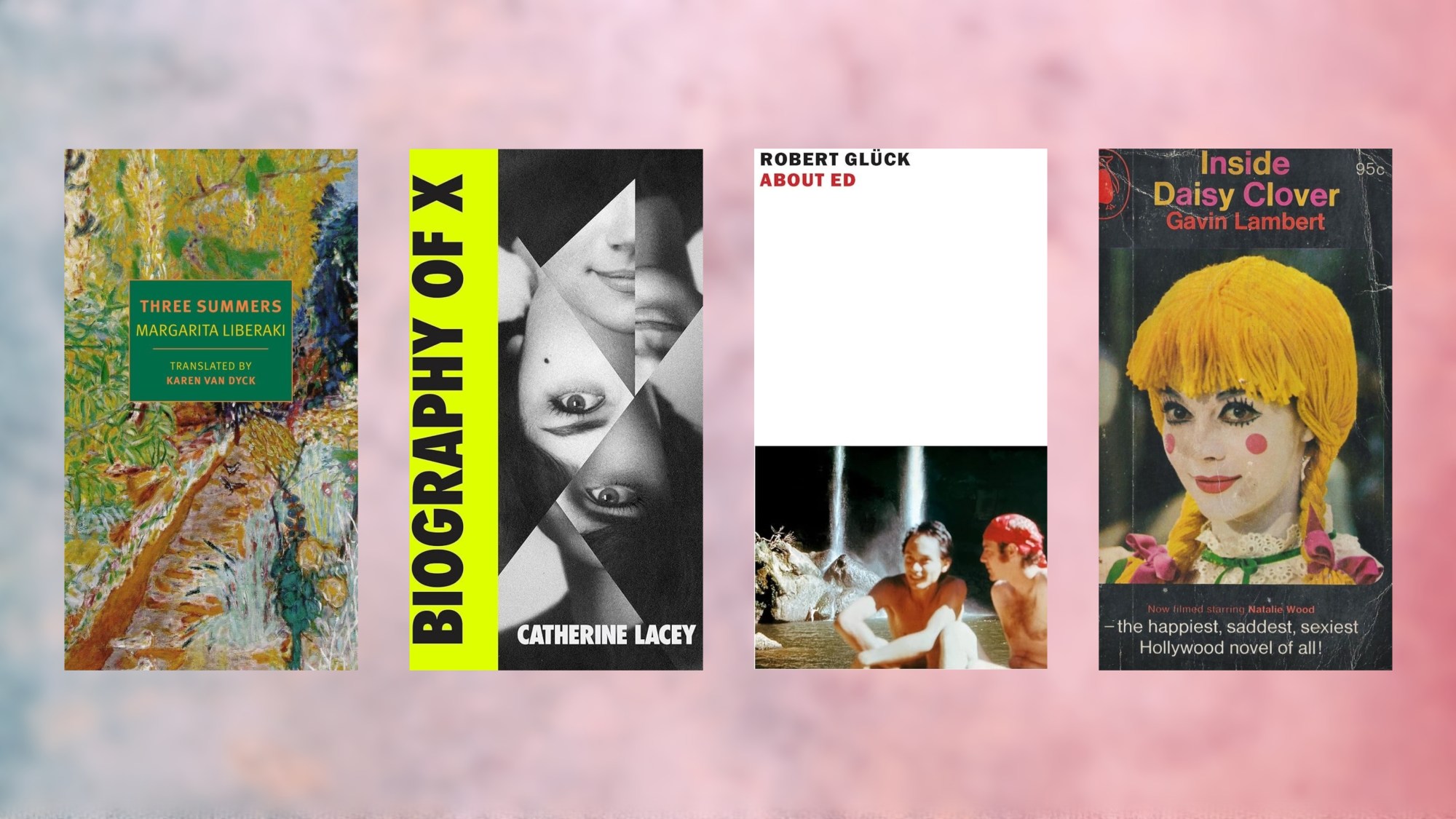Arguably, there are too many books. Every year there are more books than the last. There are novels and there’s poetry and there are biographies and essay collections and even the most literary, the biggest bookworms amongst us would struggle to keep up.
As we head into a festive period filled with lots of free time, hangovers, travelling, and families to avoid fighting with, there’s never been a better time to catch up on your reading lists. But, with so much out there, what to choose? Well, to help you, we asked some authors and writers to tell us their favourite books they read in the past year, and we encourage you to copy their very well curated selections.
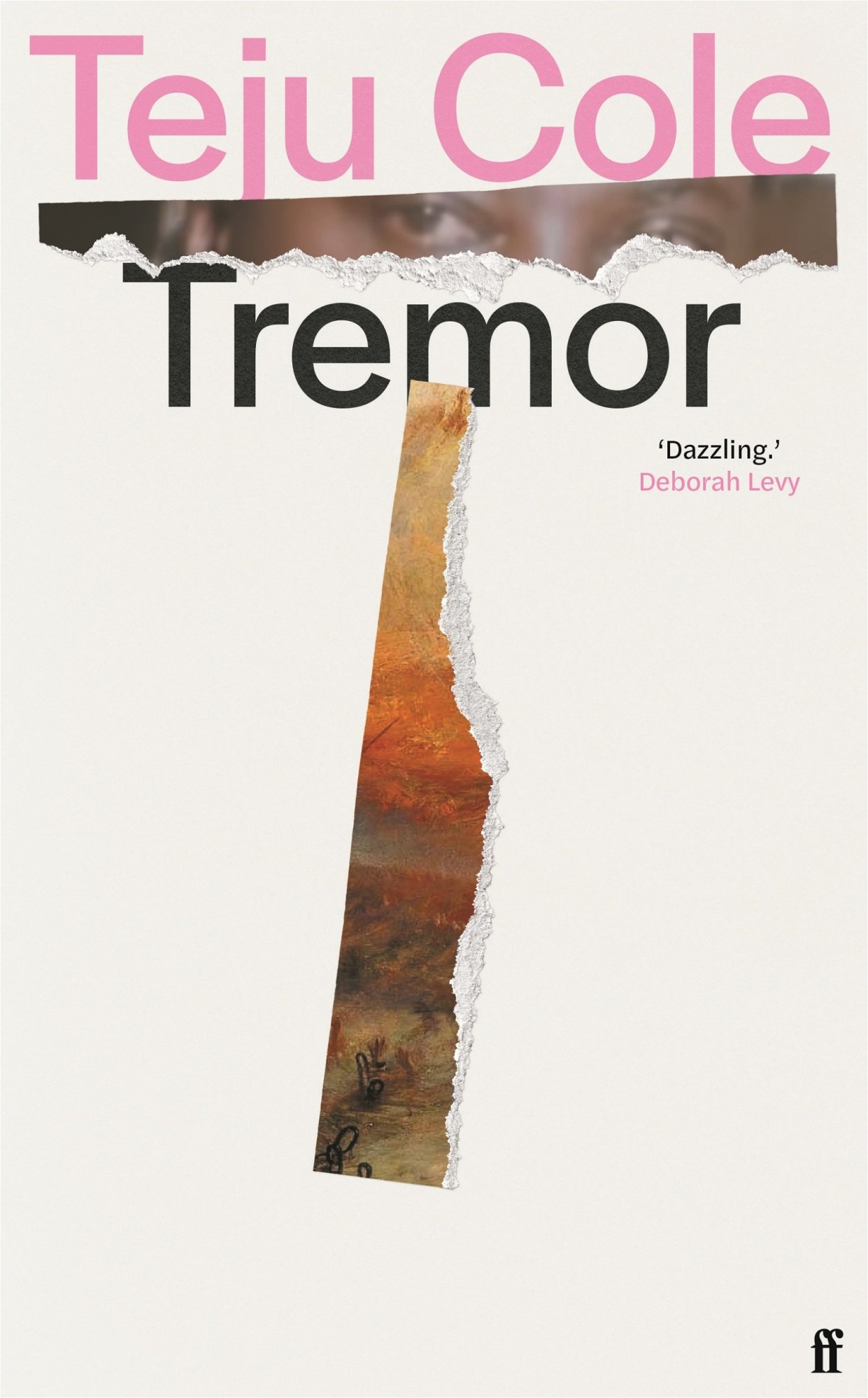
Nicola Dinan
Tremor by Teju Cole begins with an ‘aggressive voice’ telling Tunde, a Nigerian-American professor of photography, that he cannot take a photo of a hedge. This is private property, the voice says. From there, the book’s journey is unpredictable, jumping in time and place, much more a story of thought rather than of plot. It’s an outstanding challenge to the often crude orthodoxy that writers should show rather than tell, and is a novel laden with beautifully wrought cultural critiques: of the narratives that whiteness demands, the lies of solidarity we tell ourselves, which lives we care about. Buy ‘Tremor’ here. Nicola Dinan is the author of ‘Bellies’.
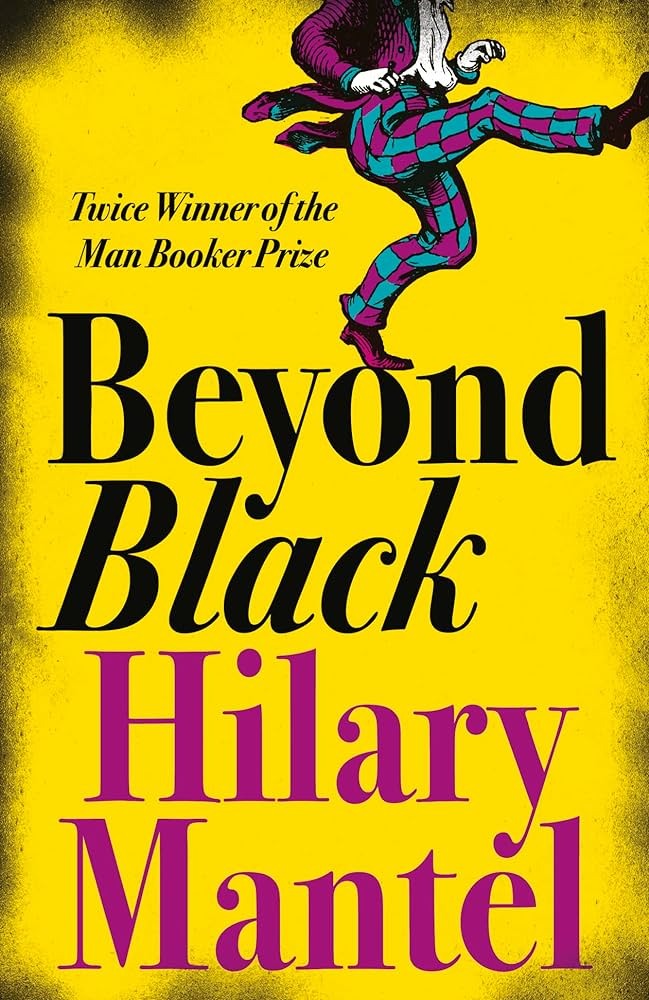
Nicole Flattery
I’ve never been able to walk by a psychic without going in, so I don’t know how it took me so long to get to Hilary Mantel’s Beyond Black. Did everyone else know she was so funny? I howled my way through this caper, which is as dark as the night and totally, totally bizarre. It might read like a Julia Davis comedy, but Mantel understands, and is sympathetic to, the reason why people visit psychics: to feel in control of their own lives. Another woman fully in control of her own life is Lise in Muriel Spark’s The Driver’s Seat, which I finished and then immediately reread. It’s perfect. If these books were written by women now, in the unimaginably miserable year of 2023, what would the writers be grouped as? Funny Girls? No – it would have to be snider than that. Bitchy Lasses? Unhappy Ladies? This year I grew so tired of trend pieces, the discourse, dead-eyed influencers, the flattening of everything. At the end of October, I bought an old Nokia phone. I can be master of my own destiny, too. I’m happier now, and it’s nice to be happy, sometimes, when you can be. You don’t need to see a psychic to know that. Buy ‘Beyond Black’ here. Nicole Flattery is the author of ‘Nothing Special’.
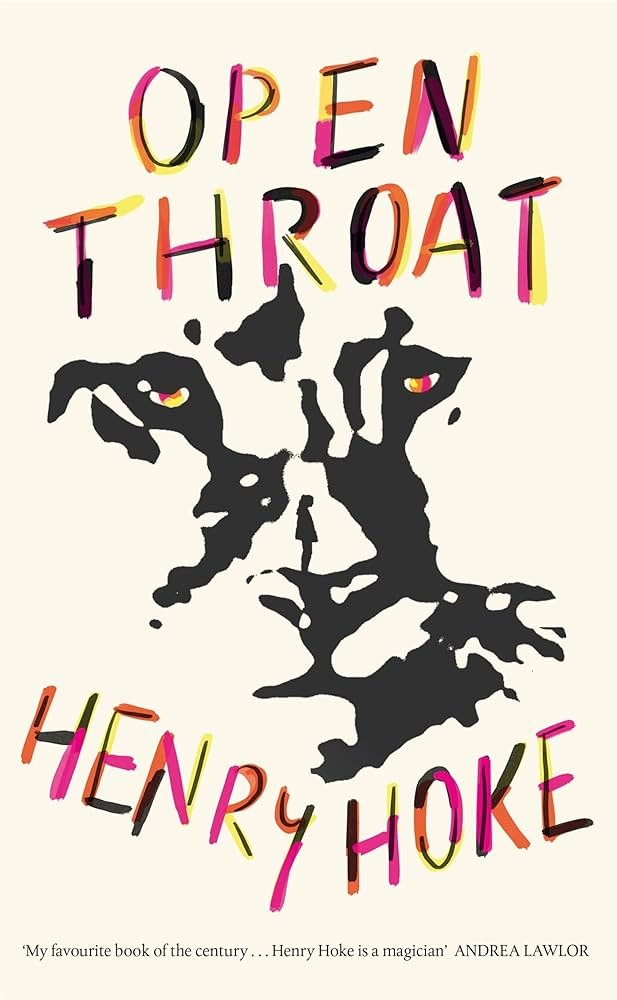
Melissa Broder
Open Throat by Henry Hoke. Buy here. Melissa Broder is the author of ‘Death Valley: A Novel’.
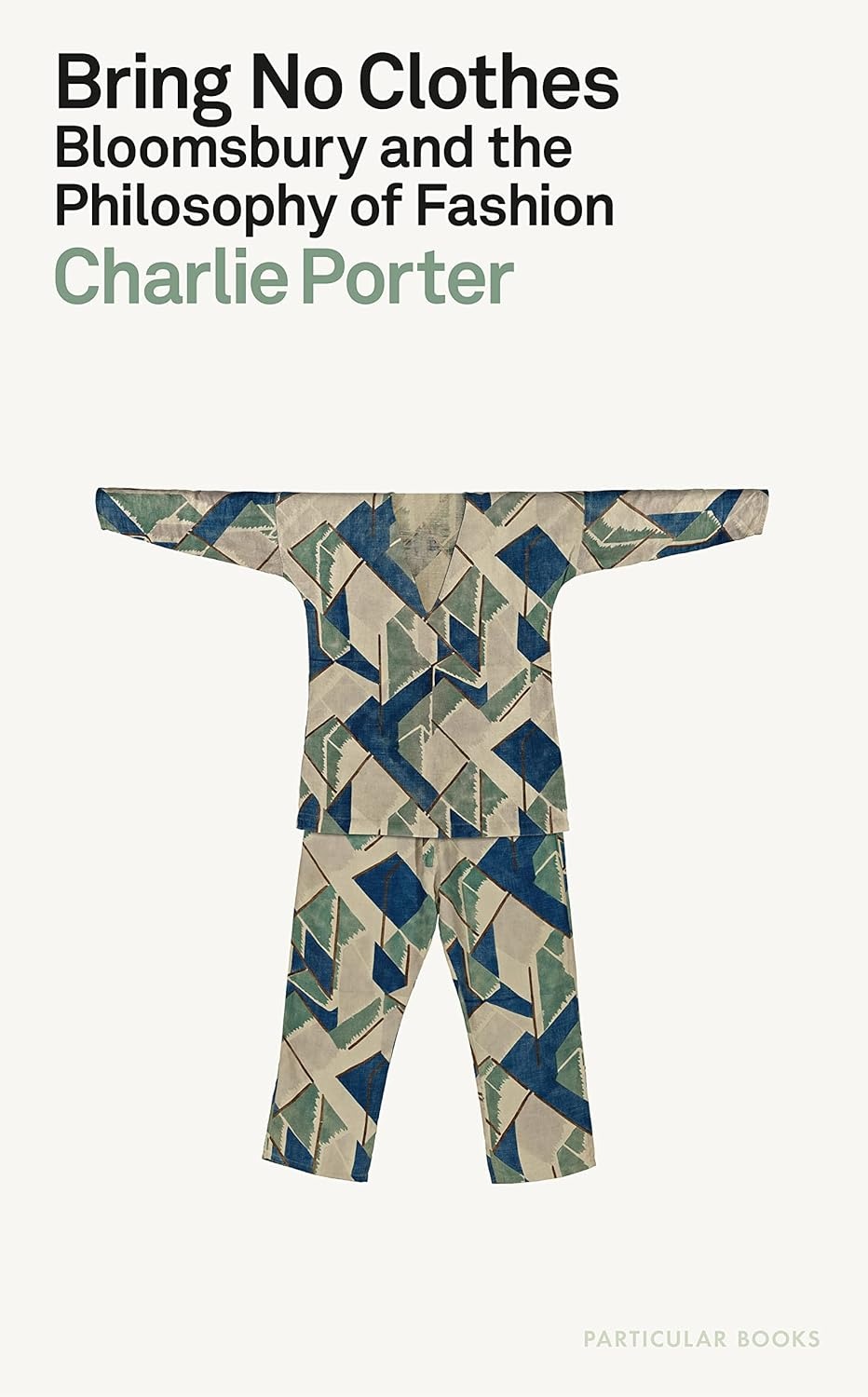
Katy Hessel
One of my favourite books of 2021 was Charlie Porter’s What Artist’s Wear, which looked at artists’ lives and works through the prism of how they dressed. This year, he brought out Bring No Clothes: all about fashion and the Bloomsbury Group – from Virginia Woolf to Vanessa Bell, John Maynard Keynes to E. M. Forster – interspersed with personal stories on grief and making clothes. By showing how these artists ‘fashioned’ themselves, Porter gives us a social history of the early 20th century — addressing subjects such as power and patriarchy through the ‘suit’ — and the radical transformations that happened, shaping the world we know today. Buy ‘Bring No Clothes’ here. Katy Hessel is author of ‘The Story of Art without Men’.
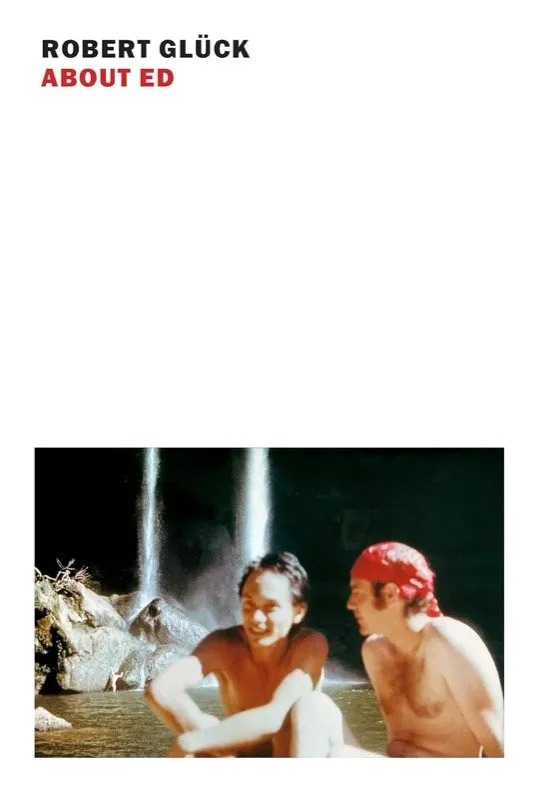
Charlie Porter
I am currently deep in About Ed by Robert Glück, a memoir and a novel of Glück’s former lover and longterm-friend, Ed Aulerich-Sugai, who died in the AIDS crisis in 1994. The pair fell in love in 1970, so the book tells of queer love before the crisis, and then of queer love during all of what happened. It is sad and tender and sexy and funny and hard. It is also about queer language: how a writer can challenge, subvert and fly free from convention in order to try and encapsulate queer experience. You must read it. Read Charlie’s essay about how Virginia Woolf changed the philosophy of fashion, published ahead of ‘Bring No Clothes, Bloomsbury and the Philosophy of Fashion’, here.
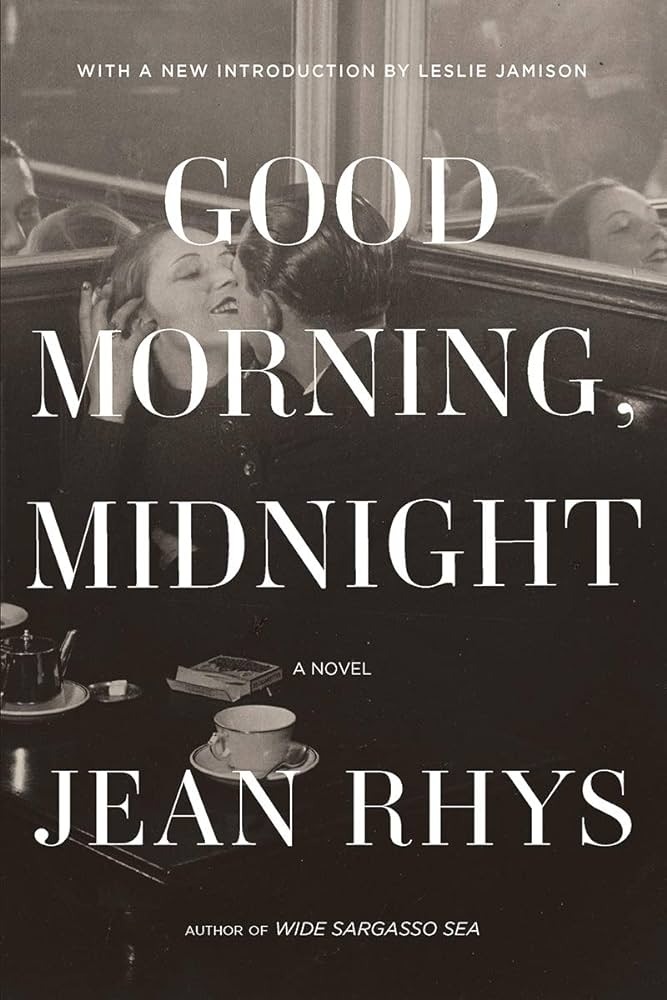
Michael Magee
Good Morning, Midnight by Jean Rhys. I’ve been thinking about this novel pretty much every day since I read it at the start of the year. There isn’t much in the way of plot. A woman gets sacked from her job in a department store. She walks around Paris, drinks, scrounges money from some people, locks herself in her room, has a few disturbing interactions with ominous men, and sinks into a deep depression. In terms of its style, it could’ve been written yesterday. The sentences are short and sharp, they cut to the quick, and there’s a lovely, impressionistic quality to the prose, especially during those sequences when the narrator really starts to sink low, when the sentences themselves begin to fragment and break apart. In that sense, it’s an avowedly modern novel, its preoccupations speak to the preoccupations of the modern psyche—alienation, disenchantment. The increasingly transactional nature of human relationships. It’s also funny as fuck. Rhys understands the comedic potential of despair, and like the best writers, she revels in it. Buy here. Michael Magee is the author of ‘Close To Home’.
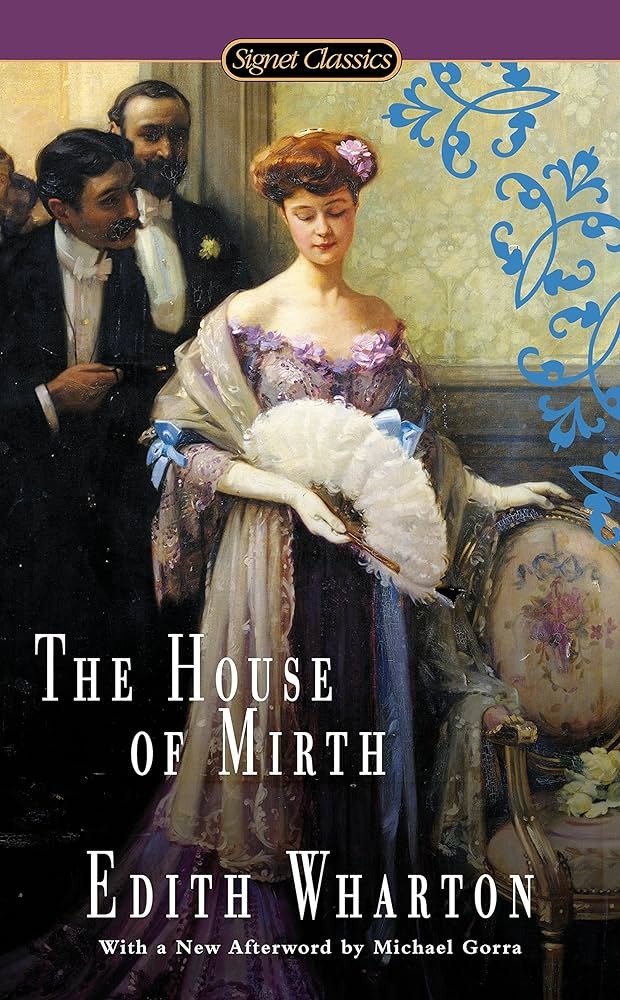
Barry Pierce
This year, sometime around the autumn, I became totally disillusioned with my reading. This always happens. For my sins, I try to keep up with the new releases but I found myself longing for a plot. So, for the month of September, throughout London and Paris Fashion Weeks, I trundled around the place with an old bind-up of four Edith Wharton novels that I bought in Any Amount of Books on the Charing Cross Road. These novels ended up being exactly what I needed. Wharton’s novels depict the soaring highs and tragic lows of Gilded Age society, whether through Lily Bart’s fall from grace in The House of Mirth or Undine Spragg’s vicious social climbing in The Custom of the Country. I was kept utterly enraptured in those sporadic gaps between runways and found, as the influencers began filling up the front rows and us lowly writers took standing room at the back, that Wharton would look at our times and decree that nothing has changed. Buy ‘The House of Mirth’ here. Barry Pierce reviews books for ‘The Big Issue’.
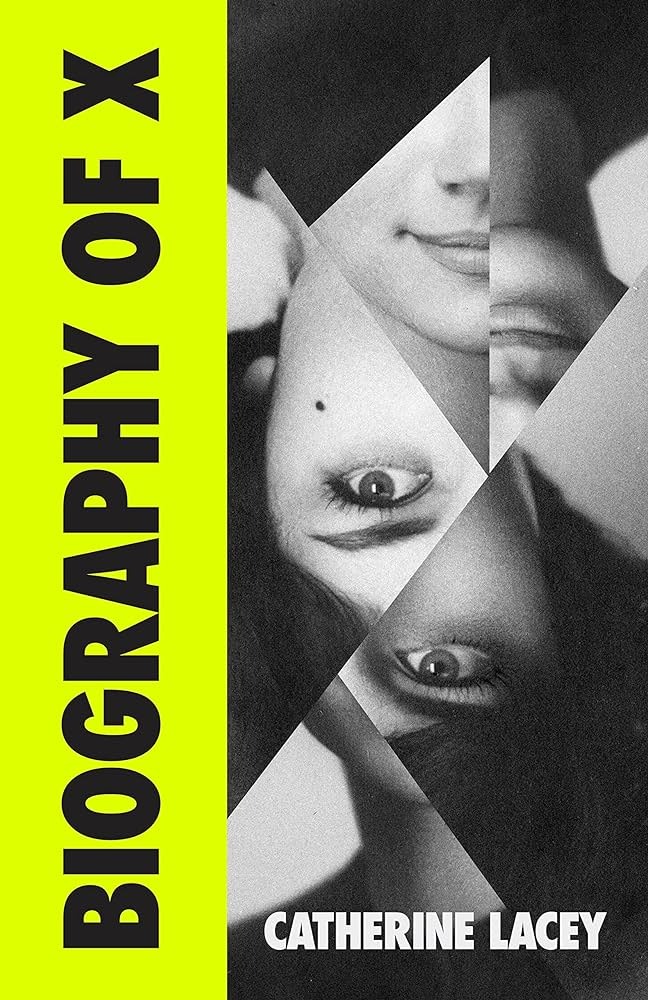
Clare Bogen
The Biography of X by Catherine Lacey. Lacey calls to mind some of my favourite writers such as Janet Frame and Renata Adler. And in The Biography of X she picks at the boundaries between history and fiction. The Biography of X is one of the most ambitious books I’ve ever read and will, I think, deservedly be considered one of the great American novels. Buy here. Clare Bogen is the Publicity Director at Fitzcarraldo Editions.
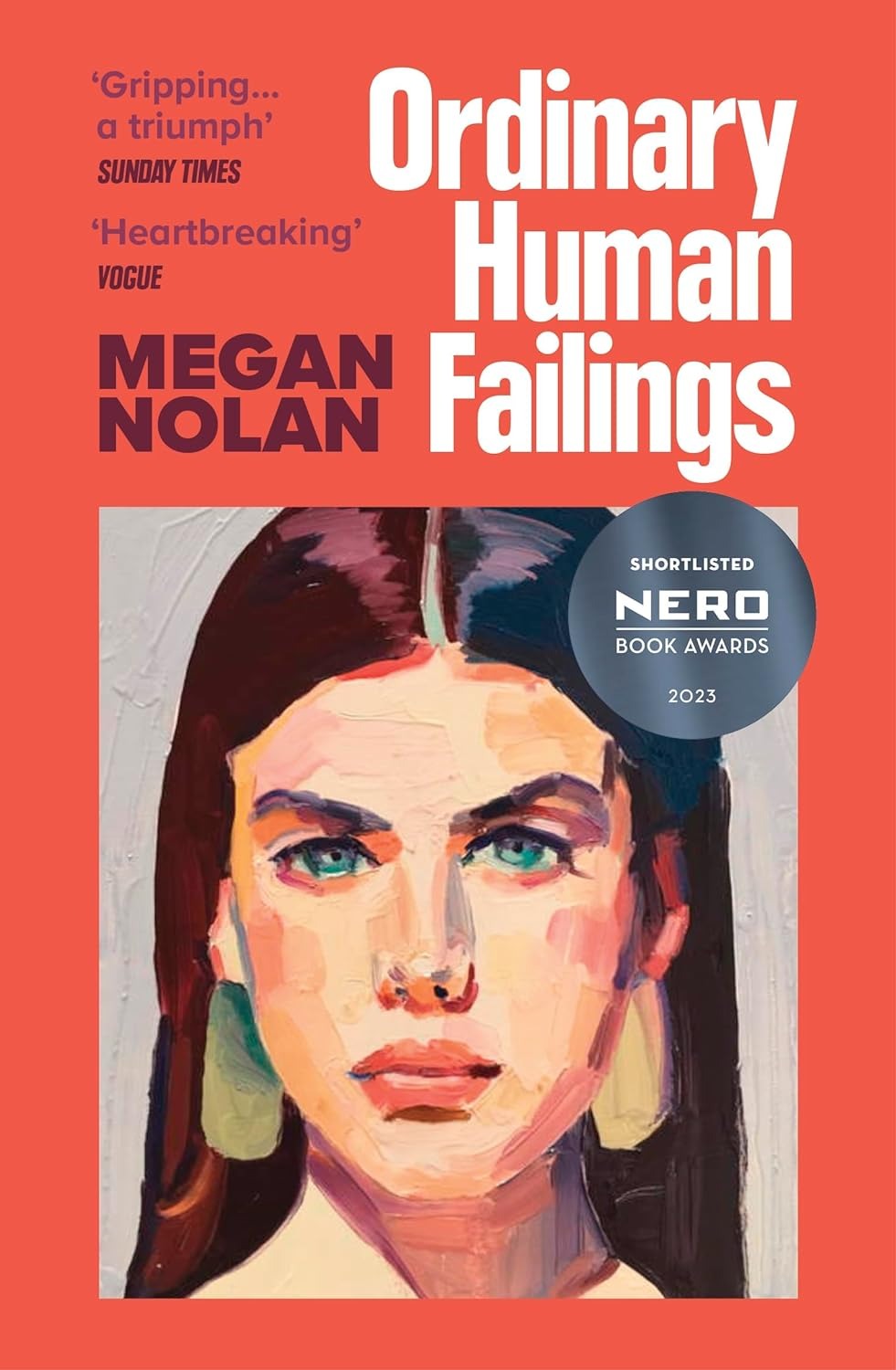
Jason Okundaye
Ordinary Human Failings by Megan Nolan was without doubt one of the best books I read this year. It first deceives you into thinking it’s going to be a thriller of the true-crime variety, and then reveals the stories of ordinary lives and ordinary unhappiness — in detail which is more devastating and raw than any pure murder mystery could be. My heart broke the more I learned about the Green family and how “tragedies too routine to be of note” are the reality of so many like them. Buy ‘Ordinary Human Failings’ here. Jason Okundaye’s first book, ‘Revolutionary Acts: Love & Brotherhood in Black Gay Britain’.
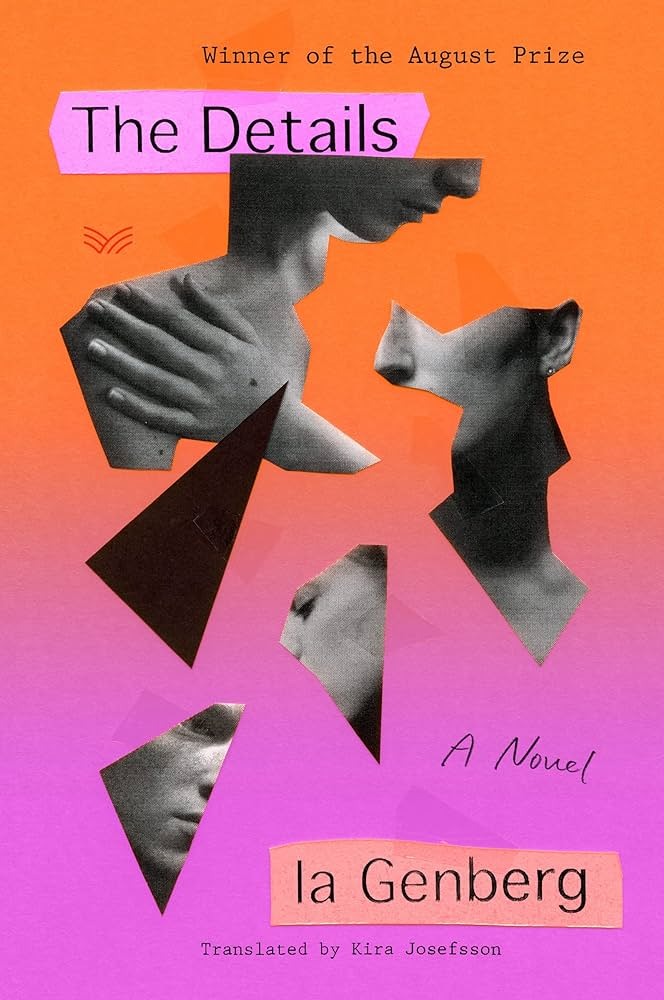
Susannah Dickey
I loved Ia Genberg’s beautiful novel The Details. It manages to capture the whole, nuanced, messy world of one woman’s life, exclusively via descriptions of the people who have touched it. This is a novel that, in its scaffolding, encapsulates one of the most important ideas of our current political moment – the necessity of connection, and our vulnerability to one other. Buy here. Susannah Dickey is the author of ‘Common Decency’.
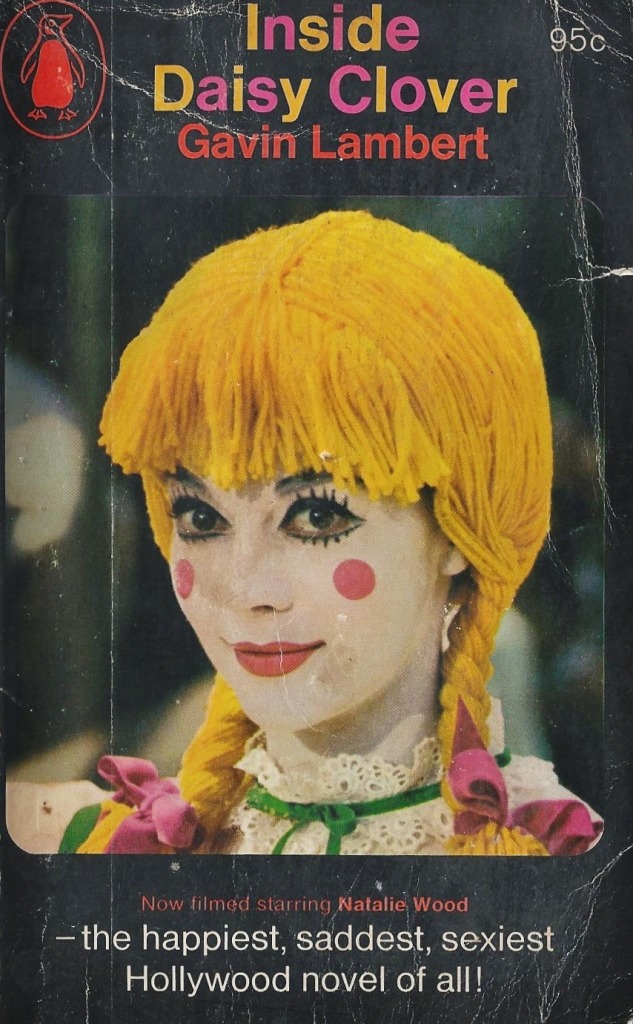
Jess White
Gavin Lambert was a British queer screenwriter, novelist and biographer who lived in Hollywood and wrote about it in his fiction. Inside Daisy Clover. published in 1963, charts the rise, fall, and rise of a precocious teenager obsessed with fame and living in a trailer park with her emotionally-absent mother in LA. Daisy is committed to getting rich and famous by any means necessary, even if she is 14 and has no industry connections. Lambert expertly breaks down the exploitation and abuse rife in early Hollywood, using the wily, loveable but naive Daisy as his way into a cruel but addictive industry. It’s a real shame that Lambert is a bit of a forgotten figure in the queer mapping of 20th-century Hollywood, because his writing is extremely worthy of cult-classic status. Buy ‘Inside Daisy Clover here. Jess White is a freelance writer.
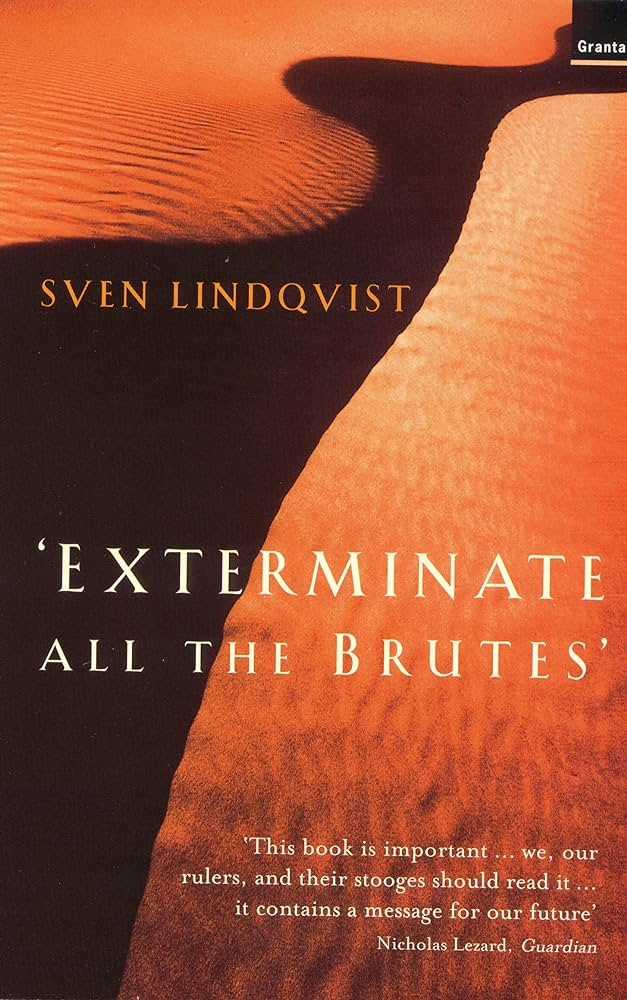
Samuel Earle
Even in better times, Sven Lindqvist’s little book on the origins and afterlife of a single sentence – “Exterminate all the brutes” – feels like essential reading. According to Lindqvist, Kurtz’s command in The Heart of Darkness – and the concept of genocidal extermination it contains – should be considered as much a part of the Western canon as democracy and Shakespeare. Across 169 fragments, he follows its history through the age of imperialism to the rise of fascism and beyond, striving to understand how inconceivable violence becomes conceivable – a situation we find ourselves in yet again. “It is not knowledge we lack,” he writes, in both the first and the final fragment of the book. “What is missing is the courage to understand what we know and draw conclusions.” Sometimes, the word ‘genocide’ seems so big, so shrouded in absolute evil, that even to say it aloud opens a door we’d rather keep shut. Exterminate All the Brutes is an exercise in demystification. Buy ‘Exterminate All the Brutes’ here. Samuel Earle is the author of ‘Tory Nation’.
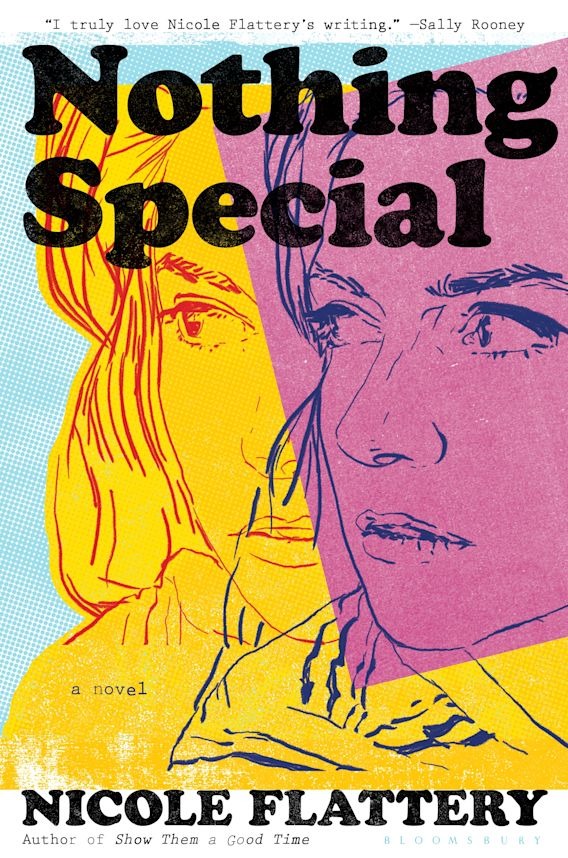
Rachel Connolly
End of year book lists often make me roll my eyes. The same books which all had huge marketing budgets appear over and over again, as if we haven’t all heard of them already. Editors with no taste frantically cast around and cobble together a totally incoherent selection, claiming these are their earnest favourites and not simply chosen mostly for what they can signify about the editor. (Social justice box, ticked; critical acclaim box, ticked; booksellers favourite box, ticked). Having said that, there is a novel I have told almost everyone I have spoken to this year they should read. Even every time a random man has approached me in a bar, he has had to listen to my spiel about Nothing Special by Nicole Flattery. It’s just like Ugly Betty is what I’ve told those men. In my mission to make everyone in the world read this book, I worked out early on that basically everyone loves Ugly Betty. But it’s not like that really. It’s about an ordinary young woman who ends up working as a typist in Andy Warhol’s factory, always on the outskirts of all that beauty and glamour. It’s not a spoiler to say she never becomes a star, or important in the world of the factory. But this book questions why so many stories have to end like that, why those are the lives we mostly end up reading about. It’s a beautifully written, totally original and extremely funny novel that challenges what we expect art to do. It’s the bravest novel I read this year. I think people will be reading it for a long time. Buy ‘Nothing Special’ here. Rachel Connolly is the author of ‘Lazy City’.
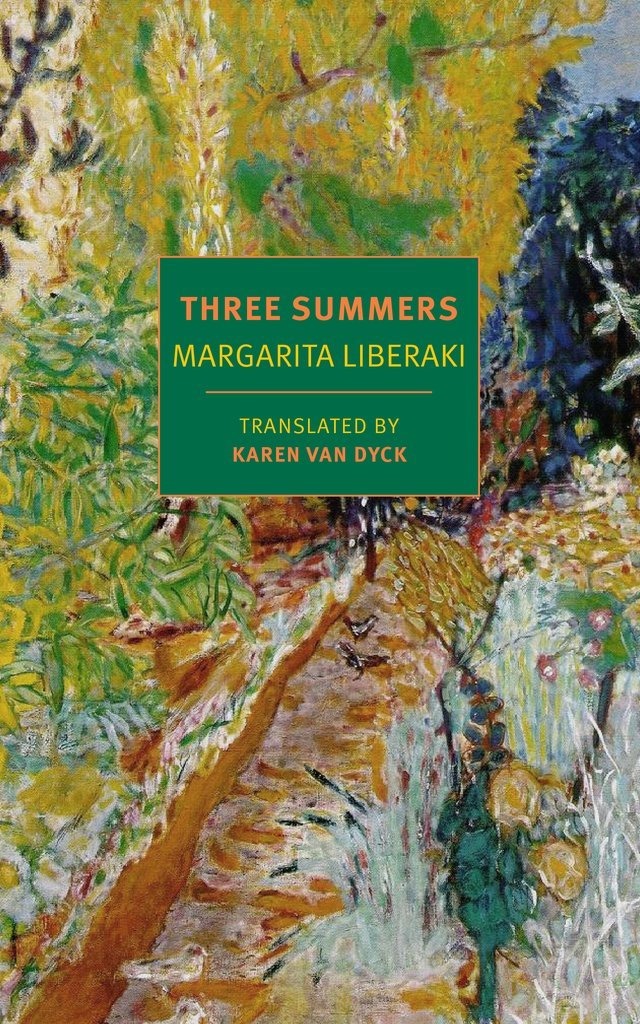
Soula Emmanuel
Three Summers by Margarita Liberaki deals with three sisters who come of age in an affluent Athens suburb before the Second World War. Published shortly after the war, when Greece was in ruins and on the brink of civil conflict, it is warm, earthy, and determinedly escapist, peopled with complex characters full of life. Buy ‘Three Summers’ here. Soula Emmanuel is the author of ‘Wild Geese’.
